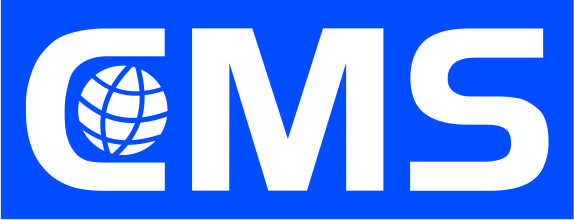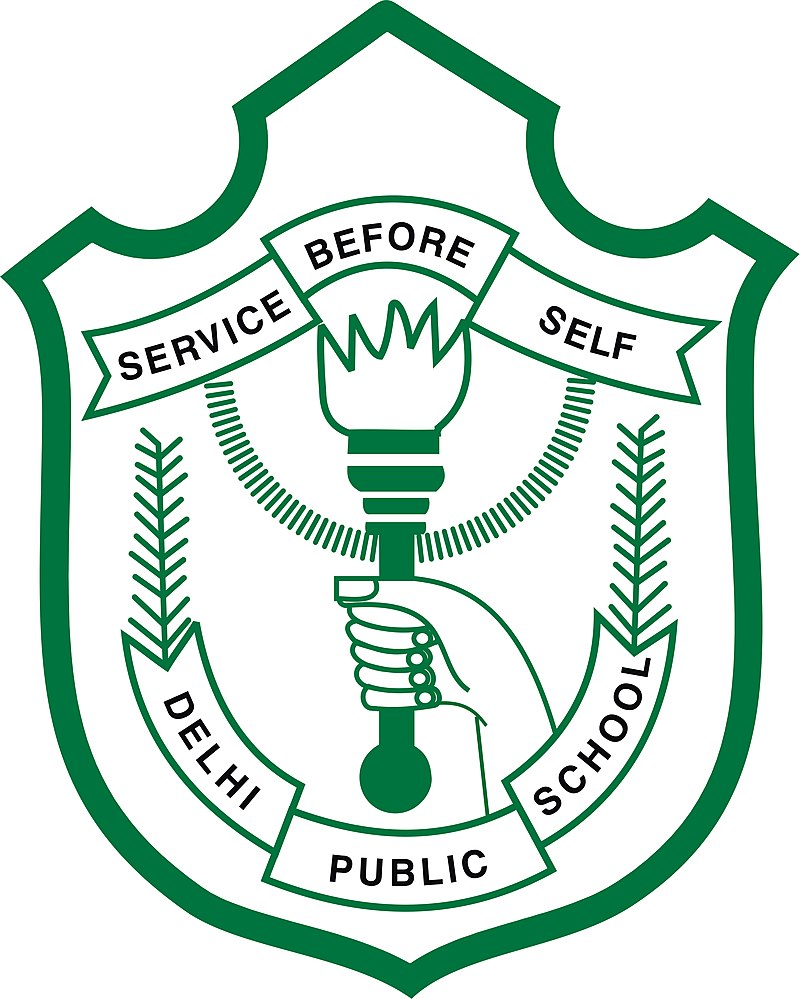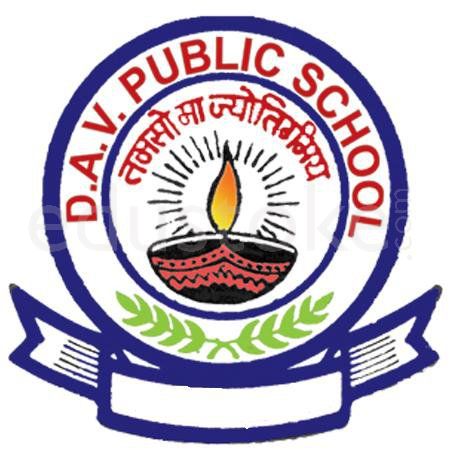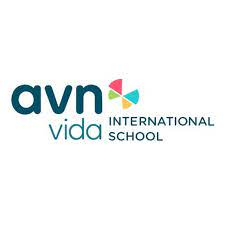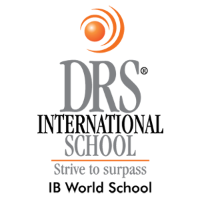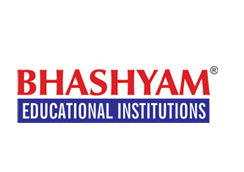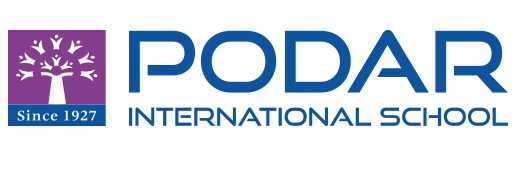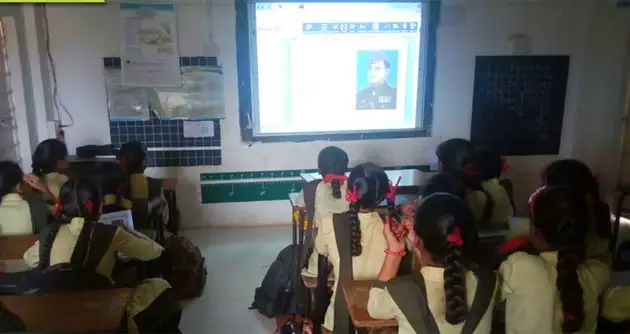
Integrating technology in schools can enhance learning experiences, facilitate access to information, and promote digital literacy. Here are some practical examples of how technology can be integrated into schools, along with associated usability issues to consider:
- Interactive Whiteboards: Interactive whiteboards enable teachers to display multimedia content, annotate lessons, and engage students in interactive activities. Usability issues may include technical glitches, learning curve for teachers in using the software effectively, and the need for proper training and support.
- Educational Apps and Software: Educational apps and software can provide personalized learning experiences, interactive simulations, and educational games. Usability issues may include compatibility with various devices and operating systems, potential distractions if not used appropriately, and the need for monitoring and guidance to ensure productive use.
- Online Learning Platforms: Online learning platforms offer opportunities for remote or blended learning, access to digital resources, and collaboration among students. Usability issues may include connectivity issues, accessibility for students with limited internet access, and the need for digital literacy training for students and teachers.
- Digital Assessment Tools: Digital assessment tools allow for automated grading, immediate feedback, and data-driven insights. Usability issues may include technical glitches during assessments, potential cheating if not properly monitored, and ensuring that assessments align with learning objectives.
- Virtual Reality (VR) and Augmented Reality (AR): VR and AR technologies provide immersive learning experiences, allowing students to explore virtual environments and interact with digital content. Usability issues may include the need for specialized equipment, potential sensory overload for some students, and ensuring that VR/AR experiences are aligned with curriculum goals.
- Online Research and Information Literacy: Technology enables students to access a vast amount of information for research purposes. Usability issues may include teaching students how to evaluate the credibility and reliability of online sources, preventing plagiarism, and promoting ethical use of information.
- Collaboration Tools: Collaboration tools, such as cloud-based document sharing and video conferencing platforms, facilitate communication and teamwork among students and teachers. Usability issues may include privacy concerns, maintaining online etiquette and respectful behavior, and ensuring equal access for all students.
- Data Management Systems: Digital data management systems help streamline administrative tasks, track student progress, and facilitate communication between teachers, parents, and administrators. Usability issues may include data privacy and security considerations, training staff on effectively using the system, and ensuring data accuracy and integrity.
- Mobile Devices: Mobile devices, such as tablets or smartphones, provide portability and access to educational apps and online resources. Usability issues may include managing device usage and potential distractions, ensuring equal access for all students, and addressing concerns around screen time and digital well-being.
- Digital Citizenship and Online Safety: It is crucial to teach students about responsible online behavior, internet safety, and digital citizenship. Usability issues may include educating students on privacy settings, addressing cyberbullying and online harassment, and promoting a healthy balance between online and offline activities.
When integrating technology, it is important to consider the usability issues mentioned above and implement strategies to address them. This includes providing proper training and support for teachers, ensuring accessibility for all students, maintaining a safe and secure online environment, and regularly evaluating the effectiveness of technology integration to make necessary adjustments.
At schoolmart, We have the expertise in guiding you to set up your new campus project and help you maximize the performance of your campus while also figuring out your return. We have the expertise in guiding you to set up your new campus project and help you maximize.
schoolmart.in is a consortium of architects, designers, school innovators who strive to bring the learning outcome through latest infrastructure and edtech. its the first ever company in asia to bring curriculum mapped innovations to school industry . you can check its products and services on our website on schoolmart.in.
we help schools in setting up new schools, expanding to new schools, design to execution, new nvironments , NEP ready environemnts , labs , librarires , sports infra etc
Schoolmart.in is an initiative of thirdeye group. schoolmart has 4000+ partners schools across india and helping them build their infrastructure since 7 years .
FURNITURE - PRIMARY & HIGH SCHOOL | KINDERGARTEN | OFFICE FURNITURE | NEW KINDERGARTEN | GOVT/LOW COST AUDITORIUM | CHINESE FURNITURE | WORKSTATION & SYSTEM FURNITURE HOSTEL FURNITURE PREMIUM FURNITURE
LABS & LIBRARIES - CHEMISTRY LABS | BIOLOGY LAB | TAB LAB | PHYSICS LAB | STEM LABS | MATH LABS | COMPOSITE LABS (PCB) | COMPUTER LABS | LIBRARY |
SPORTS - SPORTS SURFACES WATER SURFACES |
TECHNOLOGY - INTERACTIVE BOARDS SCHOOL MANAGEMENT | PRE SCHOOL TECHNOLOGY | SCHOOL TABLETS | COVID READY PRODUCTS |
CLASSROOM COMBOS - KINDERGARTEN COMBOS | CLASSROOM DESIGN COMBOS |
ENVIRONMENT ROOMS - WONDERGARTEN ROOM | RUMPUS ROOM | Formal Uniform | WONDER ROOM | ART & CRAFT ROOM | GREEN ROOM | TRAFFIC ROOM | HOME SCIENCE ROOM | PHYIGITAL LIBRARY | MATHEMATICA ENGLISH VILLAGE DISCOVERY POD MUSIC ROOM COLLAB ROOM SOFT GYM ROOM FELXI ROOM LIFE STILL ROOM STORY ROOM
European EducationaAll Group Ningbo Ltd
